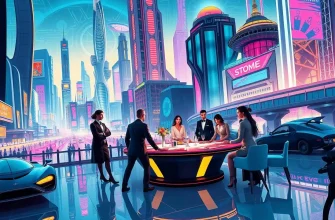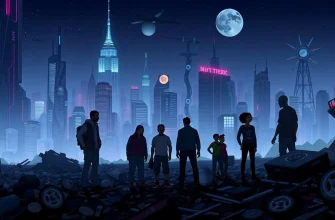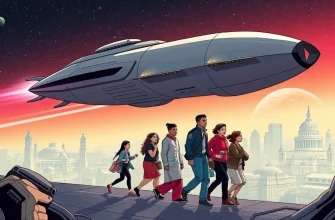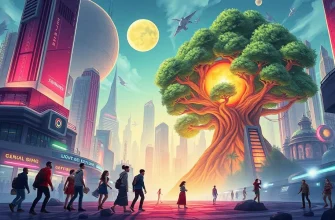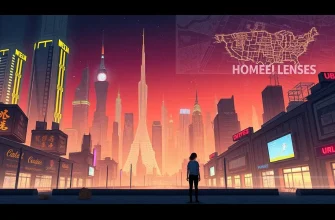Science fiction has long been a genre that not only entertains but also challenges societal norms and explores complex issues like racism through imaginative narratives. This curated list of 10 films uses futuristic settings and alien worlds to reflect on our own prejudices and the fight for equality, making for both thought-provoking and engaging viewing experiences.
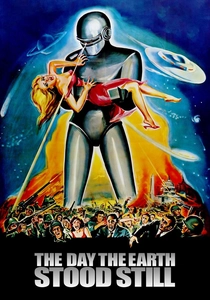
The Day the Earth Stood Still (1951)
Description: This classic uses an alien visitor to critique humanity's propensity for violence and prejudice, including racial tensions, through a lens of global unity.
Fact: The film was one of the first to be listed on the National Film Registry for its cultural, historical, or aesthetic significance.
 Watch Now
Watch Now
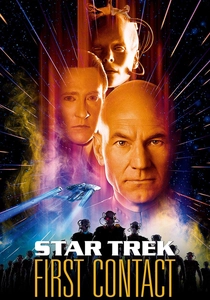
Star Trek: First Contact (1996)
Description: The Star Trek franchise often addresses issues of race and equality. Here, the crew of the Enterprise encounters the Borg, a collective that assimilates other species, reflecting on themes of cultural assimilation and loss of identity.
Fact: This was the first Star Trek film to feature the Borg prominently and was also the highest-grossing Star Trek film at the time of its release.
 Watch Now
Watch Now

The Matrix (1999)
Description: While primarily known for its groundbreaking visual effects, The Matrix also delves into themes of control, freedom, and the illusion of choice, which can be seen as metaphors for systemic oppression and racism.
Fact: The Wachowskis, the directors, were inspired by various philosophical and religious texts, including Plato's Allegory of the Cave.
 Watch Now
Watch Now
Avatar (2009)
Description: James Cameron's epic uses the colonization of Pandora by humans to comment on imperialism, environmental destruction, and the mistreatment of indigenous peoples, drawing parallels to historical racism.
Fact: Avatar is the highest-grossing film of all time, and its production was one of the most expensive in film history.
 Watch Now
Watch Now
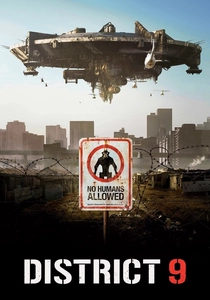
District 9 (2009)
Description: This film uses the plight of alien refugees on Earth to mirror real-world issues of xenophobia and racial segregation. It's a powerful allegory for apartheid in South Africa.
Fact: The film was shot in Johannesburg, South Africa, and many of the actors were real-life slum dwellers. The director, Neill Blomkamp, initially planned this as a short film.
 Watch Now
Watch Now

Elysium (2013)
Description: Set in a future where the wealthy live on a space station while the rest suffer on a ruined Earth, this film tackles themes of class division, immigration, and racial inequality.
Fact: Neill Blomkamp, who directed "District 9," returned to explore similar themes with a larger budget and scope in this film.
 Watch Now
Watch Now

Get Out (2017)
Description: While not strictly sci-fi, this horror-thriller uses elements of mind control and body snatching to explore the insidious nature of modern racism and the fetishization of black bodies.
Fact: Jordan Peele, the writer and director, won an Academy Award for Best Original Screenplay, making history as the first African-American to win in this category for a debut feature.
 Watch Now
Watch Now
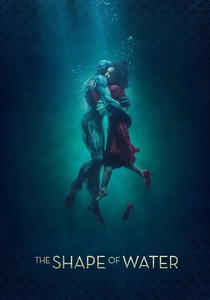
The Shape of Water (2017)
Description: This film tells a love story between a mute woman and an amphibious creature, exploring themes of otherness, acceptance, and the beauty found in difference, challenging societal norms around race and identity.
Fact: It won the Academy Award for Best Picture, making it the first film since "The Silence of the Lambs" to win both the top prize and the Palme d'Or at Cannes.
 Watch Now
Watch Now
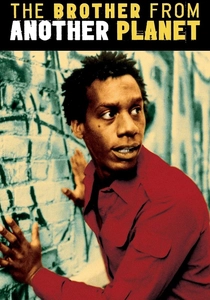
The Brother from Another Planet (1984)
Description: This film features an alien who escapes to Harlem, New York, where he encounters both the warmth of community and the harsh realities of racial discrimination, making it a poignant commentary on race relations.
Fact: The film was shot in just 24 days, and its director, John Sayles, also wrote, edited, and starred in it.
 30 Days Free
30 Days Free
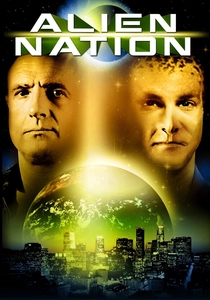
Alien Nation (1988)
Description: Set in a future where aliens have integrated into human society, this film explores themes of racism, prejudice, and cultural integration through the lens of a buddy cop story.
Fact: The film spawned a TV series of the same name, which continued to explore these themes in greater depth.
 30 Days Free
30 Days Free



